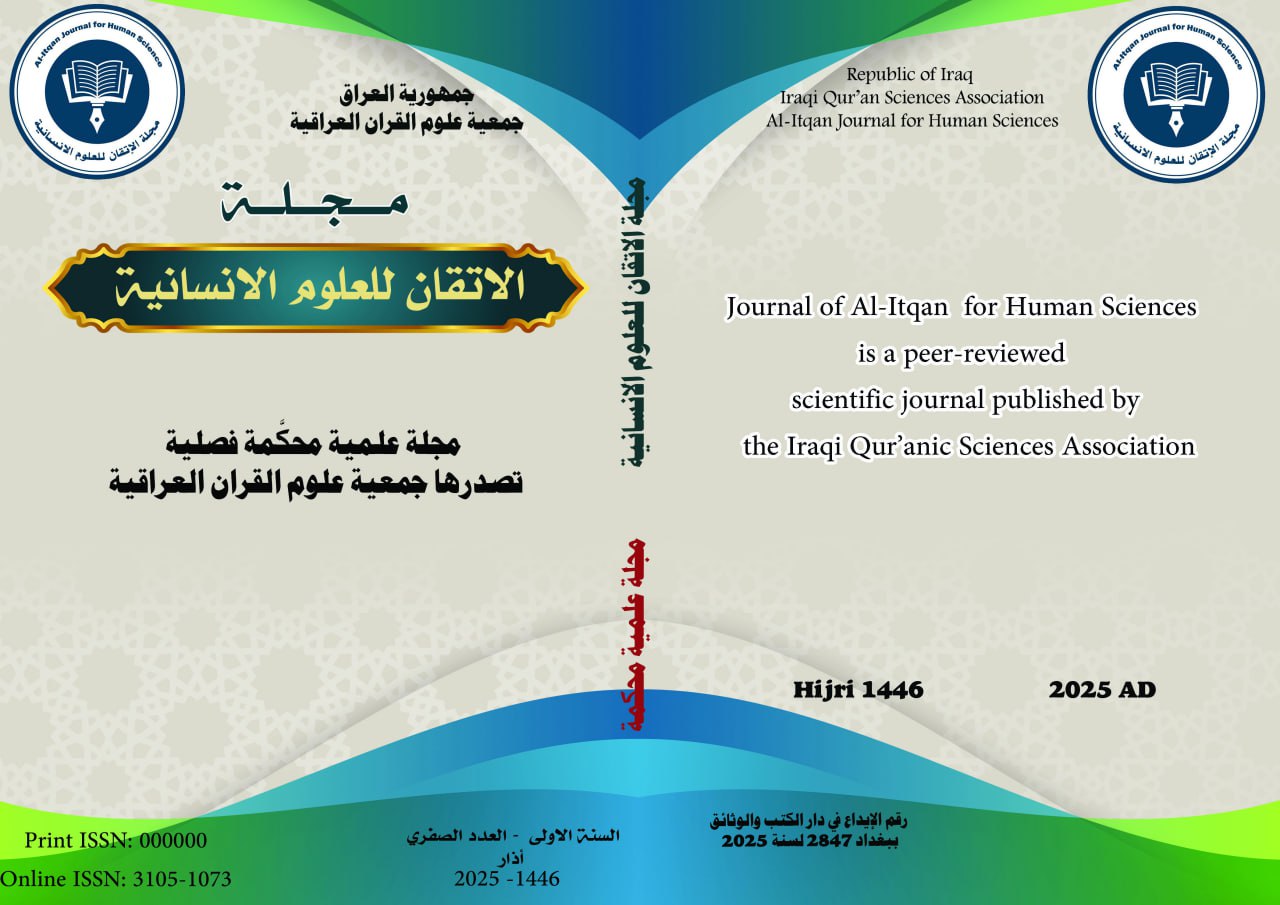The knowledge economy and its impact on development)Islamic economic vision(
Abstract
Today's world is witnessing a widespread use of knowledge in economics. Although the concept of knowledge is not new, it has accompanied humankind since the beginning of creation, rising from its primitive levels, accompanying the expansion and depth of knowledge, until it reached its current peak. We might ask, then, what is new? What is new is the extent of its impact on human life in all its aspects. It impacts human economic and social life. Thus, the term "knowledge economy" was coined as a result of awareness of the role of knowledge and technology in economic growth, given its essential dimension in human development, which is a crucial factor in enabling people to expand their choices. I consider information technology and scientific research in higher education to be the essential tools for developing societies. Before addressing the knowledge-based economy, we must recognize that the purpose of human creation is worship. To achieve this, Man must develop this world. God Almighty says: "It is He who produced you from the earth and settled you therein. So ask His forgiveness and then repent to Him. Indeed, my Lord is near and responsive." (Hud: 61). The important question that arises is: What is the relationship between the knowledge-based economy and Islamic law? The answer is: The Islamic nature of knowledge is the relationship between the revealed sciences on the one hand, and the sciences of the universe, the humanities, and economics on the other. There is nothing Islamic or non-Islamic in the sciences of the universe except in the realm of application, and the benefit must outweigh the harm, provided that this benefit is not narrow-minded; rather, it must be a benefit recognized by Islamic law. The most important legal criteria for a knowledge-based economy in Islam is firm faith, which achieves a balanced behavior between seeking worldly and afterlife interests. This includes the belief that God Almighty has commanded us to strive on earth, to search and explore, to preserve blessings, and to develop resources. While adhering to virtuous moral values in economic transactions is essential, as they are a source of blessing and development, and giving primary importance to human capital, development in the Islamic economic approach is by and for the human being. A knowledge-based economy is the pursuit of reform on earth and the prevention of corruption.. Keywords: introduction, cognitive economics

